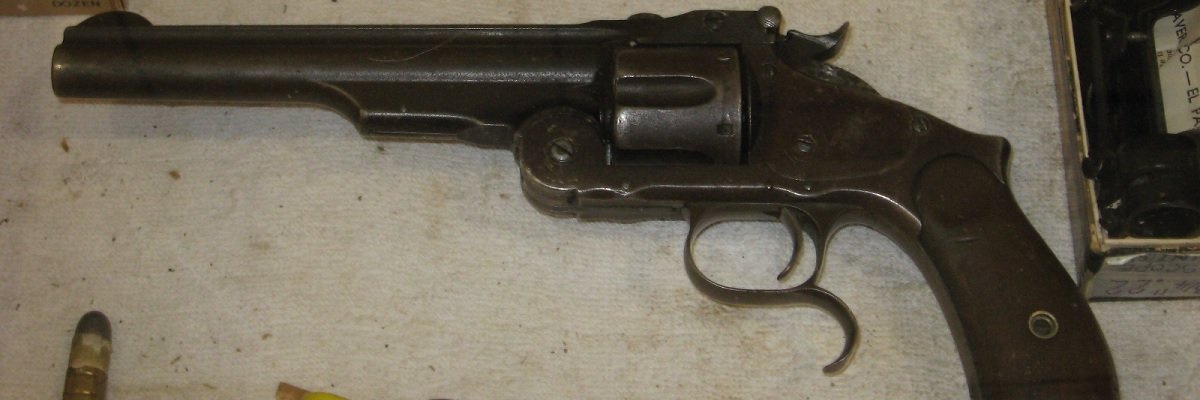The Game-Getter, a hybrid firearm consisting of two barrels, one firing a .22 caliber bullet and the other a .410 caliber shotgun shell, is manufactured exclusively by Marble Arms of Gladstone, Michigan. The weapon has been sold in various iterations since 1908 and, depending on how old the one you want to purchase is, might be pretty easy to obtain.
According to a letter released by the Attorney General of Michigan, older Game Getters, which are smaller in size, are classified as a “Curio or Relic” by the Bureau of Alcohol, Tobacco, Firearms, and Explosives.

The ATF classifies a firearm a curio or relic if it falls into one of three categories: the gun is at least 50 years old, it is “certified by the curator of a municipal, State, or Federal museum which exhibits firearms to be curios or relics of museum interest,” or it “derives a substantial part of [its] monetary value from the fact that [it is] novel, rare, bizarre, or because of [its]association with some historical figure, period, or event.”
If you have a Curio & Relics license, these firearms can be shipped to you from anywhere in the world. The license will cost you $30, is valid for three years, and requires endorsement from a local law enforcement officer. A quick Google search shows advocates are excited about how easy it is to obtain one.

It may seem strange that the same firearm model will have different purchasing requirements depending on its age, but antique firearms, defined typically as weapons manufactured in or before 1898, are also subject to different sets of laws than modern ones.

In Massachusetts for example, owners of antique firearms are not required to have a License to Carry or a Firearms Identification Card.

But the curios and relics, having only to be at least 50 years old, are much more modern, and are still used in crimes. In Dallas last year, for example, a rifle classified as a curio and relic was used to kill five police officers.
Despite this, transfers of curio and relics are not subject to the NCIS background check. The ATF does say that “it is unlawful for any person to transfer a firearm to any person knowing or having reasonable cause to believe that such person is a felon or is within any other category of person prohibited from receiving or possessing firearms.”
So even though these guns can be - and are - used to commit crimes, the government isn’t regulating them as such. They’re just counting on the honesty of the people in possession of them.
The ATF’s full list of curios and relics is embedded below.
Image by Trekphiler via Wikimedia Commons and is licensed under CC BY 2.5




